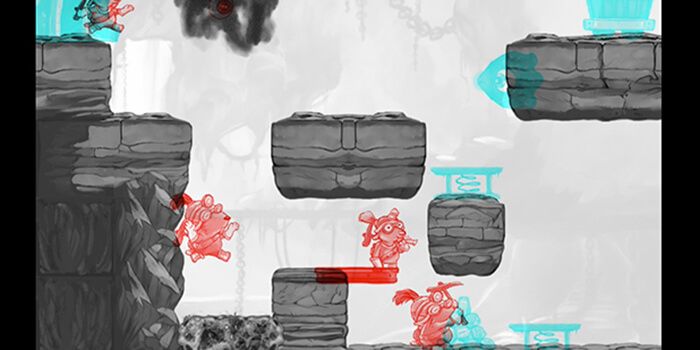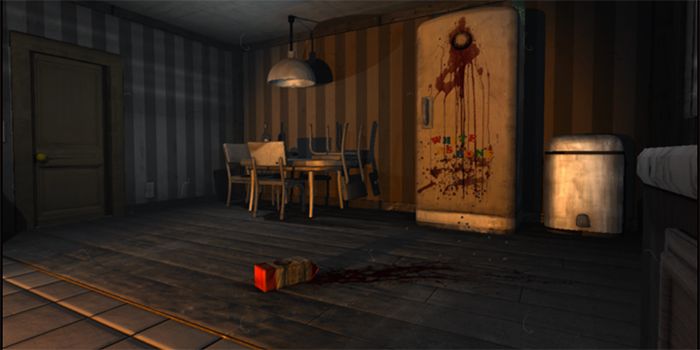Games have been a common source of entertainment for some time, but as developers explore the practical applications of video games in medicine and psychology, they're being used in new and exciting ways. The quick reflexes and movements required to play modern video games can be limiting for some players, but can also aid in the recovery process for people with specific health concerns and disabilities.
Several games that are currently in the development phase seek to treat illness and disability by working with experts to use gaming's unique technologies for the greater good. There's even a conference and newsletter, Games for Health, to encourage the development and distribution of video games intended to explore the intersection of games and healthcare.
Developers Focus on Creating Games for Health
One such game that's currently in development by Ubisoft in conjunction with Amblyotech is Dig Rush, a puzzle game intended to work as an amblyopia treatment. Amblyopia (also known as "lazy eye") is commonly treated with eye-patching, which varies in effectiveness due to discomfort and social stigma. This game will use 3D glasses and a special tablet provided by the physician to encourage the eyes to work in tandem. Doctors will also be able to tweak the game's contrast settings to ensure that the patient is getting the right experience to help treat the affected eye.
Together, Amblyotech and Ubisoft hope to address a common issue with eye-patching as an amblyopia treatment: while patching can strengthen the eye, getting the eyes to work together is more difficult. By designing a puzzle game around this concept, they hope to solve this issue by encouraging players to use their eyes together.
In a blog post on the company's website Mathieu Ferland, Senior Producer at Ubisoft said: “The development of Dig Rush was a great opportunity for us to contribute our knowledge and skills in videogame development to help materialize a breakthrough novel medical treatment."
Gameplay in Dig Rush will be simple—players use moles to dig for gold and treasure, increasing their stats as they gain more gold. The game will need to be reviewed by the FDA, but Amblyotech and Ubisoft hope to have it available by prescription only. And, with Ubisoft as a publisher, the technology has the potential to gain the exposure it needs to achieve success.
Dig Rush isn't the only game in development for amblyopia patients. Another game, called Diplopia, earned over $20,000 in donations on Indiegogo. Diplopia uses the virtual reality technology of Oculus Rift to create depth, helping players encourage their eyes to work together by having them solve puzzles that require depth perception. Because the technology can be expensive, the game's creators also have resources available to help people affected by these eye problems gain access to the game. People can apply for a program that will provide a copy of the game and hardware based on need on the game's website.
Making Positive Mental Health Changes With Games
Games aren't only treating physical issues; at least one study has shown a positive correlation between playing video games and improved mental health. Games like Flying Mollusk's Nevermind aim to put that potential to good use by encouraging positive ways of dealing with physical symptoms from anxiety to PTSD.
Some games are even taking on the role of virtual therapists, but rather than talking patients through problems, they encourage the strengthening of neural networks related to problem-solving and decision-making. While games are not yet a substitute for programs like cognitive behavioral therapy, the positive associations between the fun of these games for health and an increased ability to problem solve make them a helpful accompaniment.
While none of these games are approved by the FDA to treat illnesses, they do serve an important purpose—they open up a dialogue about the practical applications of video games and encourage developers and researchers to take their potential seriously. Games are incredibly popular, and their interactive nature makes them a powerful tool for addressing health concerns both physical and mental.


